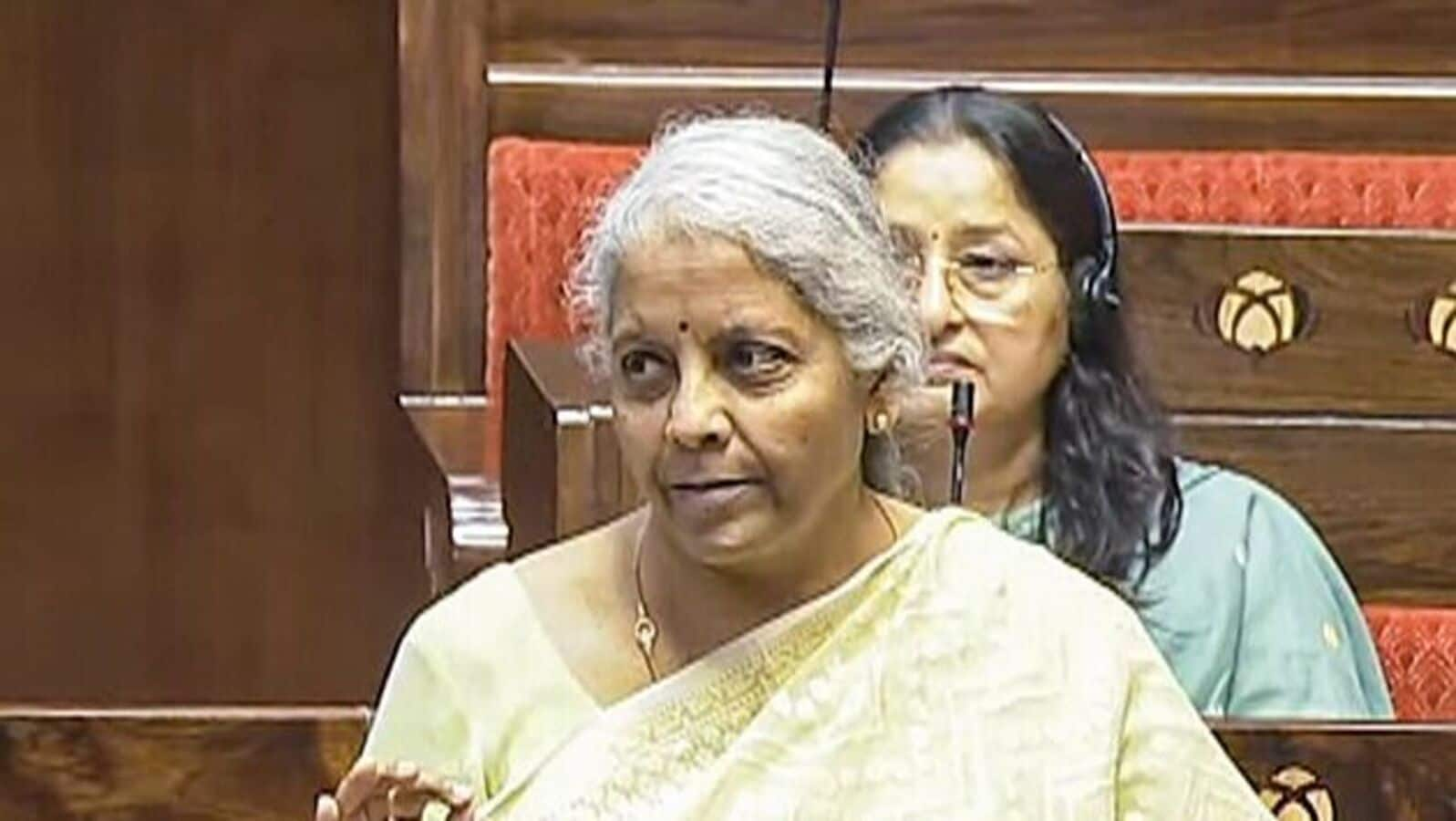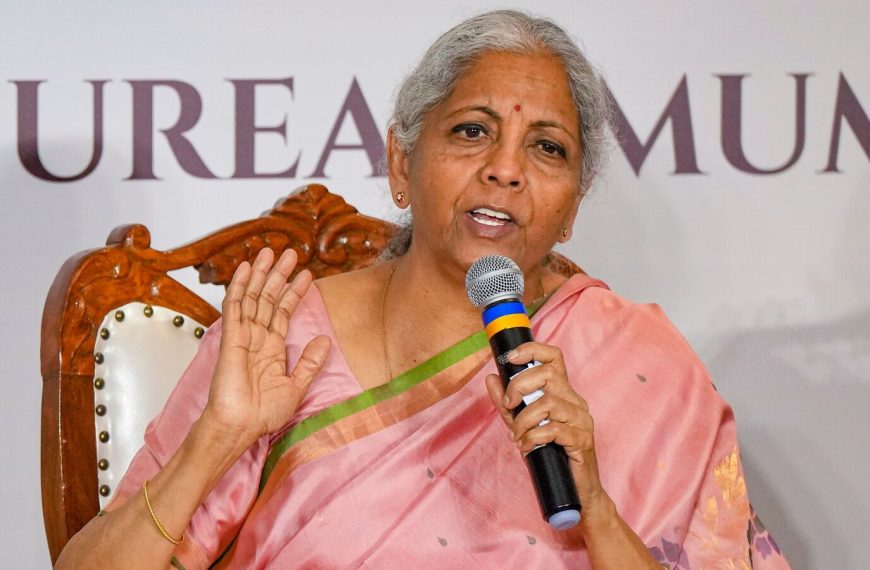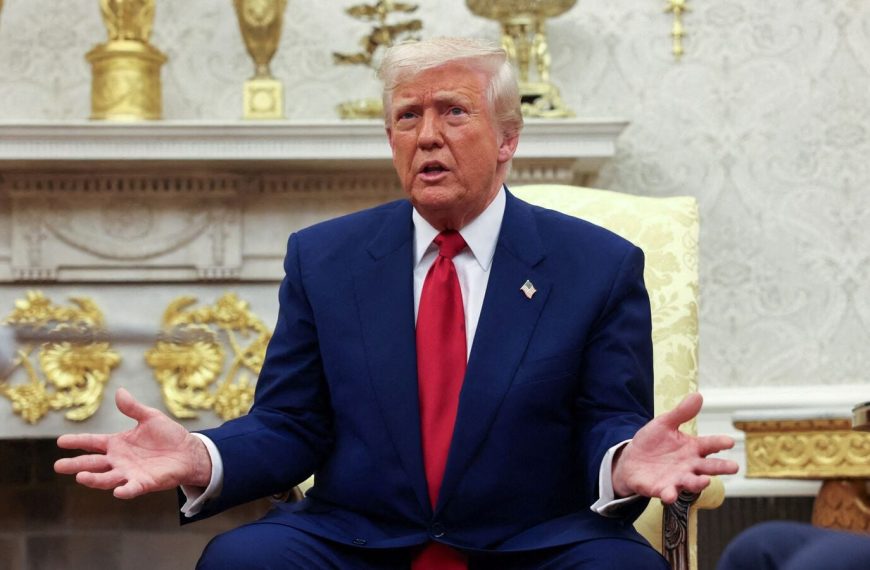India has announced a significant change in its digital advertising tax policy, opting to eliminate the 6% equalization levy on online ads. This decision, revealed by Finance Minister Nirmala Sitharaman, comes in response to rising trade tensions with the United States, particularly after former President Donald Trump threatened reciprocal tariffs on countries, including India. By scrapping this tax, India aims to alleviate financial pressures on major U.S. tech firms like Google, Meta, and Amazon.
Understanding the Tax Change
The removal of the digital tax will officially take place on April 1, simplifying the landscape for foreign companies engaging in online advertising within India. The equalization levy had previously required these companies to withhold a portion of their earnings and remit it to the Indian government, a move that the U.S. Trade Representative (USTR) labeled as "discriminatory."
- Key Points:
- The 6% digital advertising tax is eliminated.
- Effective date: April 1.
- Aimed at easing trade tensions with the U.S.
Trade Relations on the Horizon
This tax amendment was introduced during the discussions surrounding the 2025 Finance Bill in Parliament, which successfully passed the proposed changes. Moreover, during Prime Minister Narendra Modi’s recent trip to the U.S., both nations reached an agreement to advance their trade negotiations, targeting a two-way trade goal of $500 billion by 2030.
Implications for U.S. Tech Giants
Analysts believe that this strategic move will provide much-needed relief to U.S. tech companies operating in India. Amit Maheshwari, a tax partner at AKM Global, suggests that this decision reflects India’s intent to mitigate trade disputes with the U.S. He noted, however, that the effectiveness of this step in softening the U.S. stance remains uncertain.
The Bigger Picture
Last year, India had already removed a 2% levy on non-resident e-commerce firms, indicating a trend towards more favorable tax conditions for foreign companies. As a U.S. delegation, led by Brendan Lynch, engages in discussions in India, the focus will likely remain on fostering better trade relations and addressing outstanding concerns.
By implementing these changes, India is not just altering its tax policies but is also signaling a commitment to nurturing its economic ties with the United States. The implications of these adjustments could shape future interactions between the two nations and the global tech industry at large.











